![]()
As a Chinese myself, I understand that Chinese belief in supernatural causation is widespread. People pay fortunes for lucky mobile phone numbers, pregnant mothers have specific time and date to give birth only for an auspicious birthdate, TCM (Traditional Chinese medicine) has yet to rid itself of its many bogus therapies, and even the interior design of my own house followed certain Fengshui rules. I could never relate these superstitious beliefs with Contemporary art, only until I returned back to China and really began to work in the industry.
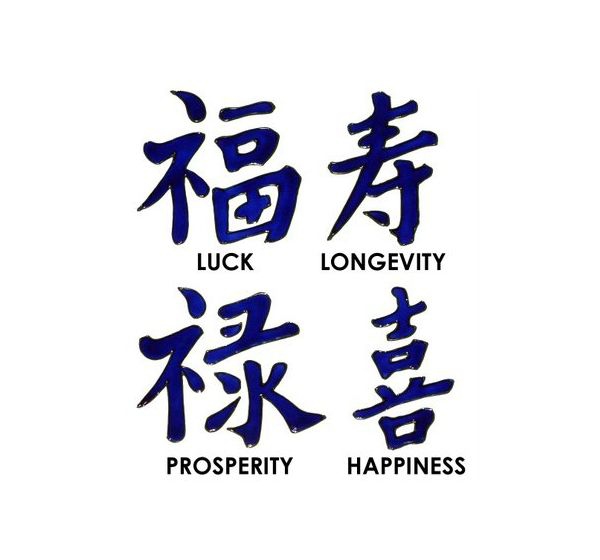
1.
When I was in London curating my very first exhibition with three other girls, we decided on things such as preview date and exhibition length only based on one thing: budget. “The rent for Tuesday, Wednesday and Thursday were cheaper”, “we’ve got to have a weekend included” “most exhibition preview was 6-9, we shall do the same”, having exchanged some brief comments, we checked the calendar together and highlighted the dates suiting our own exhibition. The whole process was simple, quick, and hassle-free.
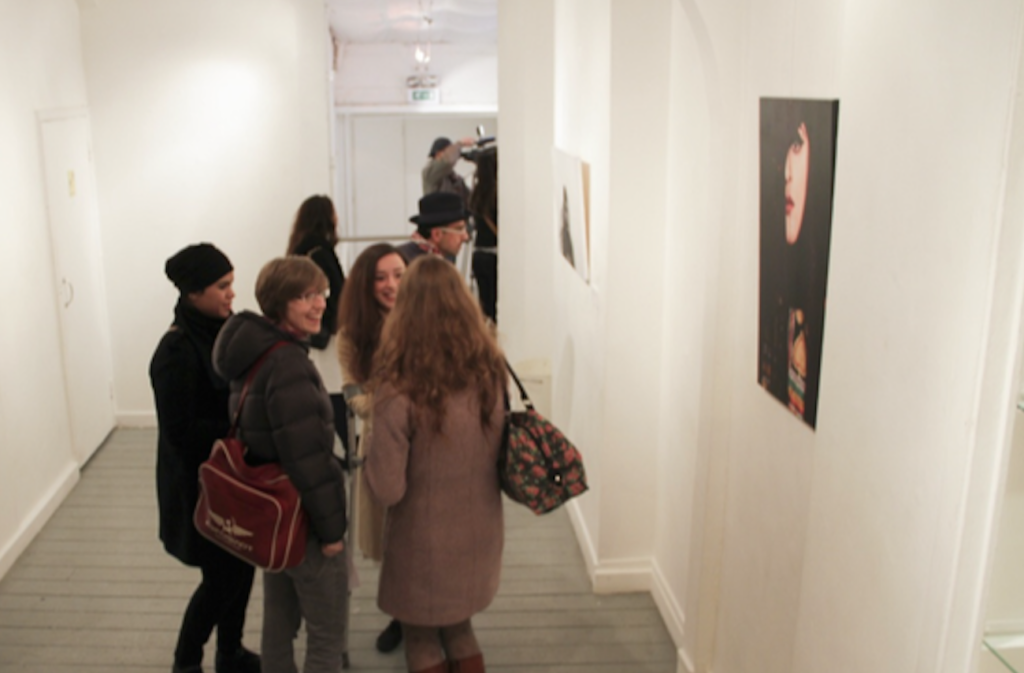
Curating exhibition in London.
Such was not the case in China.
In most Western countries, preview time for exhibitions are normally set in between 6: 00 - 9: 00 pm (or even later), and it is only after 7 pm that people would rush in. Therefore when I saw my friend Moon, a painter in Surrealism art posting an exhibition preview’s poster on her WeChat, I naturally assumed it would take place some time in the pm as all the other previews I had been too. I ordered flowers to be delivered on that day, excited to see my old friend after a long day of work.
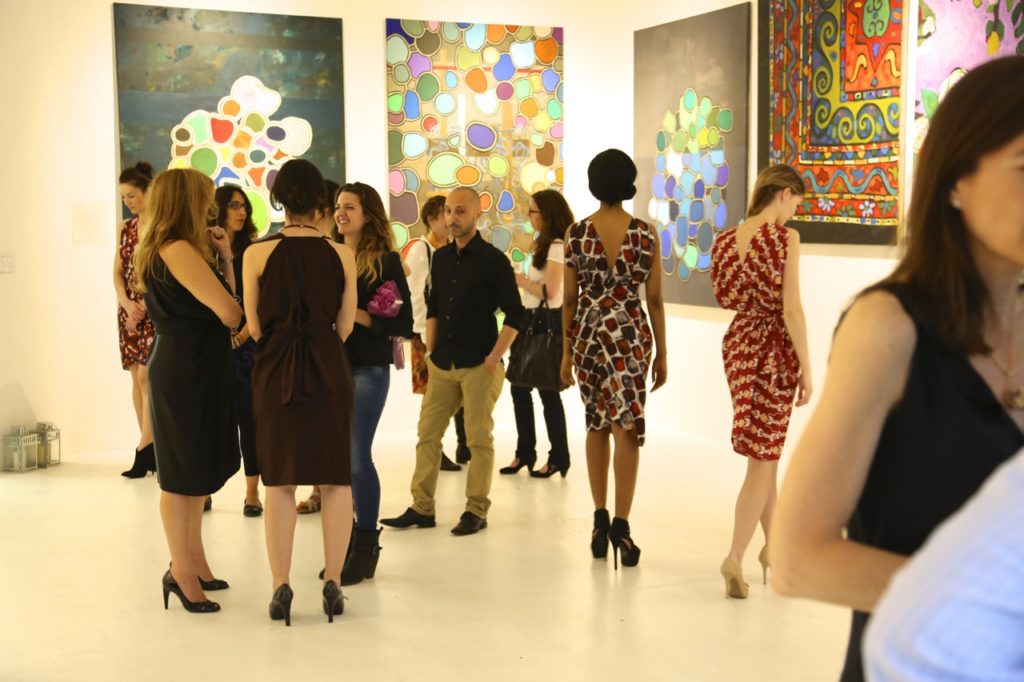
A "normal" exhibition opening or preview.
I was such an idiot.
It was a quarter to 12 pm when I finally checked the invitation and realized the preview opens at 10:26 in the morning. “It's OK, there must still be time,” I murmured anxiously and hurried towards the exhibition. But when I got there at 12 o’clock, the front door was shut as if nothing was going on; with flowers under my arm and sweat all over my shirt, I stood on my tiptoe trying to peak inside. Hum, there seemed to be light leaking from the farthest room, maybe they are holding an exclusive opening away from the crowded tourists? I dialed Moon's number, cross my fingers that I haven’t missed out the whole thing.
She told me they had already left the gallery and were on their way for lunch.
Are you kidding me?
What kind of exhibition opens at 10:26 am and finishes before noon??
I apologized to Moon and explained that I didn’t notice the unusual opening time. “No worries darling,” she lowered her voice, “I know this is ridiculous, but our curator ask this Fengshui master to decide an opening time for us, and he said 10:26 am, not a minute early, not a minute late. He also instructed us to finish the preview before noon in order to preserve the positive Qi or something for our exhibition.”
I understand that people would take any harmless advice for gaining luck and making fortune, but let’s be realistic, who would come to an exhibition opening outside the 4th Ring Road in Beijing at 10:26 am?! Does the curator seriously think a word by the Fengshui master beats over the publicizing effect by crowed tourists in the middle of the day?
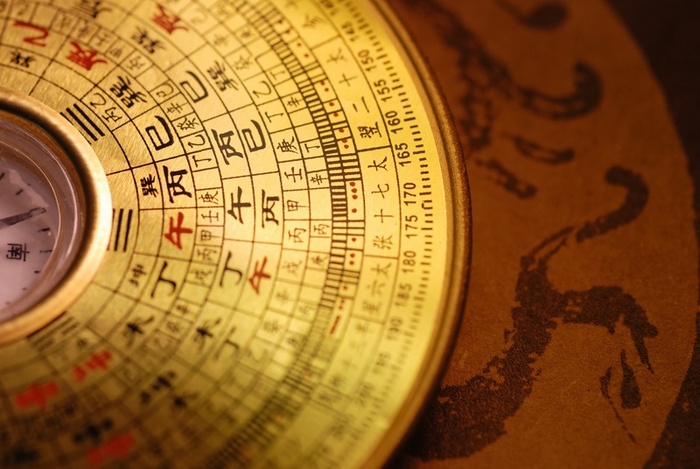
Luopan, the Fengshui compass used by many "masters".
2.
A week later, it was my gallery’s turn to decide the preview date for our new exhibition. For a gallery that had existed for ten years, we always held our exhibitions on Thursday, so did this time.
It was one week before the big show; we had sent out press releases weeks ago and already scheduled appointments for interviews. While I was on the phone talking to one of our clients however, my boss suddenly sprang from the sofa and screamed.
“NOOOOOOOOOOO!”
I've never seem him looking so desperate, as if he had just foreseen a terrible turnout of our upcoming exhibition. I asked if he was ok, and he explained that he just found out according to the Chinese Almanac, next Thursday, our supposed preview day, was not a good day for public events or group activities.
I was shocked by the fact that a professional contemporary gallery would check Chinese Almanac for exhibition dates. “Contemporary” by today’s standard is always associated with an avant-garde and anti-tradition image; it is supposed to be cool, different and critical; so excuse me, what the heck is Chinese Almanac doing here?
After discussing with the artists and our team members, we came up with an emergency plan: we'd have two openings. The Thursday one would remain the same to our guests and the public, but it would no longer be the “official” opening. Instead, we'd secretly open it on Wednesday, a day according to the Chinese Almanac is safe for public activities, at least in my boss's belief.
So there we were, at 4 p.m Wednesday, holding our secretive opening with only the artist and our team members. Me and the rest of the staffs who were already familiar with the artworks gathered around the exhibition hall with snacks and drinks, wandered around the artworks as if we’ve never seen them. In order to make this opening more like the real thing, our boss asked the artist to introduce his piece one by one to us; I could tell the artist was embarrassed, yet he cooperated compliantly as if nothing was wrong.
On the next day, the leftover snacks from yesterday were served for media and guests as if they were all freshly opened. Of course, nobody was allowed to talk about the awkward opening we held yesterday - Hi there, welcome to our exhibition opening! What? Yesterday? What are you talking about? I don't know a thing!
When the guests all left in the evening, us staffs, after a few weeks of intense preparation and two days of running around, finally had time to sit down and take a break. Our boss came to join us, his face now lit up with relieve. “You know, we Chinese gotta always listen to this”, he pointed upwards to the sky, blinking with a satisfying smile.
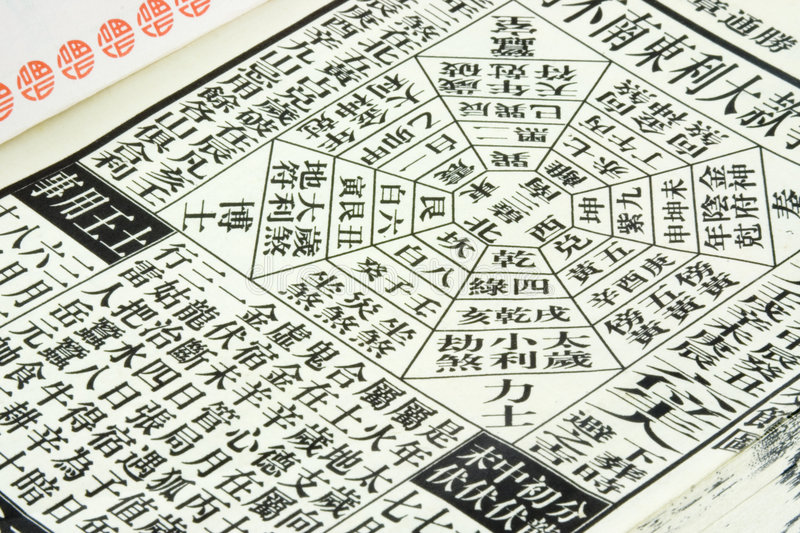
A traditional version of the Chinese Almanac - don't worry, I don't understand it either...
3.
The last story is about number. When it comes to good luck, the magic number in China is always eight due to its analogous sound to 发 fā, meaning prosperity/wealth in Chinese (the grand opening ceremony for the Beijing Olympics was held at 8:08 pm on 8th August, 2008 for instance).
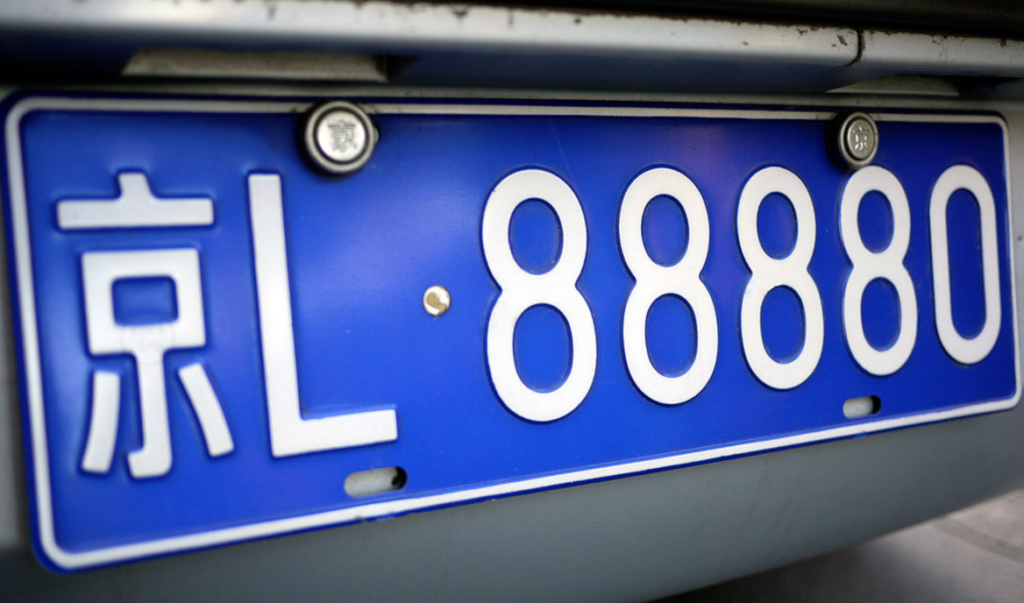
A car plate number like this would cost hundreds of thousands.
“What?! Why are they staying in that sketchy hotel?”
When I heard from my colleague (yep, we art folks gossip a lot) that one of the better-preforming galleries in the circle had chosen to stay in a cheap hotel for an art fair we were attending, I felt nothing but confused. Seriously, with all the high-priced pieces they sold last year, why are they still penny-pinching over accommodation?
My colleague laughed and caught me up on the deal here: since the gallery sold pretty well during the last fair, they decided to stay in the same exact room of the same exact hotel this year as well, not to save on money but to “carry over the luck”. The room number they stayed in? 818, which sounded like “make good fortune” in Chinese.
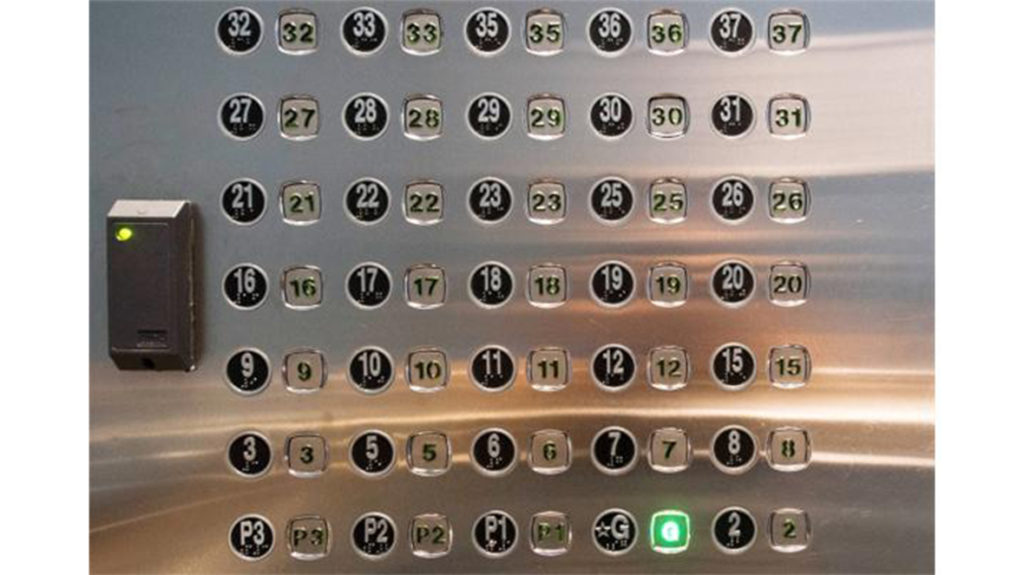
Many Chinese building developers would intentionally skip out"unlucky" floor numbers such as 4, 13 and 14.
For this gallery, the hotel’s 818 is not just a room; it is the room of which brought good luck and prosperity to their entire trip. Unfortunately, when the gallery team arrived at the lobby this time, they were told the price had surged to double the rate of last year, and, even worse, room 818 were unavailable until the next day. Having rejected the receptionist’s offer for alternative options, the boss decided to walk straight up by himself, knocking on 818’s door and begged the guests inside to check out early. Finally, after an entire afternoon of waiting and negotiating he got what he wanted, happily swiping his credit card for the same sketchy 818, only now with double the price.
So how did they do this year? Well, according to my trusted source (=my beloved colleagues in this case), the gallery’s sales performance was by no means as good as the previous fair, even with the same luck boost from room 818 . That was ok though, “I bet you 100 yuan that they'll still stay in the same room again next year,” my colleague shrugged.
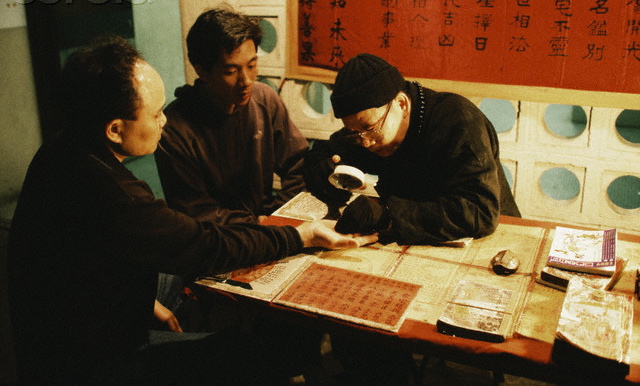
Chinese fortune teller in Hong Kong's Temple Street. (photo courtesy to ChinaMike)
When I shared one of these stories with my Western friends in the past, they'd normally reacted in two ways: either getting completely carried away by the fascinating Chinese superstitious practices (“so what is Fengshui exactly?” “Can you check the Chinese Almanac to see what I should do tomorrow?” ), or raising their voices in disbelief, “LOL that's so hilarious, I can't believe it! ”
I know, I know, I can't believe it either, but at the same time, a part of me understands why Chinese people, include myself, would think this way. Although the current political regime has denounced the idea of superstition 迷信 by linking it with simple moral corruption, historically, superstition has always been a complex cultural system enriched with traditional Chinese philosophies and social relations. Many of its norms and practices are deeply embedded in the everyday life of Chinese people; even for those who claim to not buying it, they'd still hold tight to the idea of “宁可信其有 不可信其无” (“better to believe in it than to reject it completely”), whatever their professions or backgrounds are.
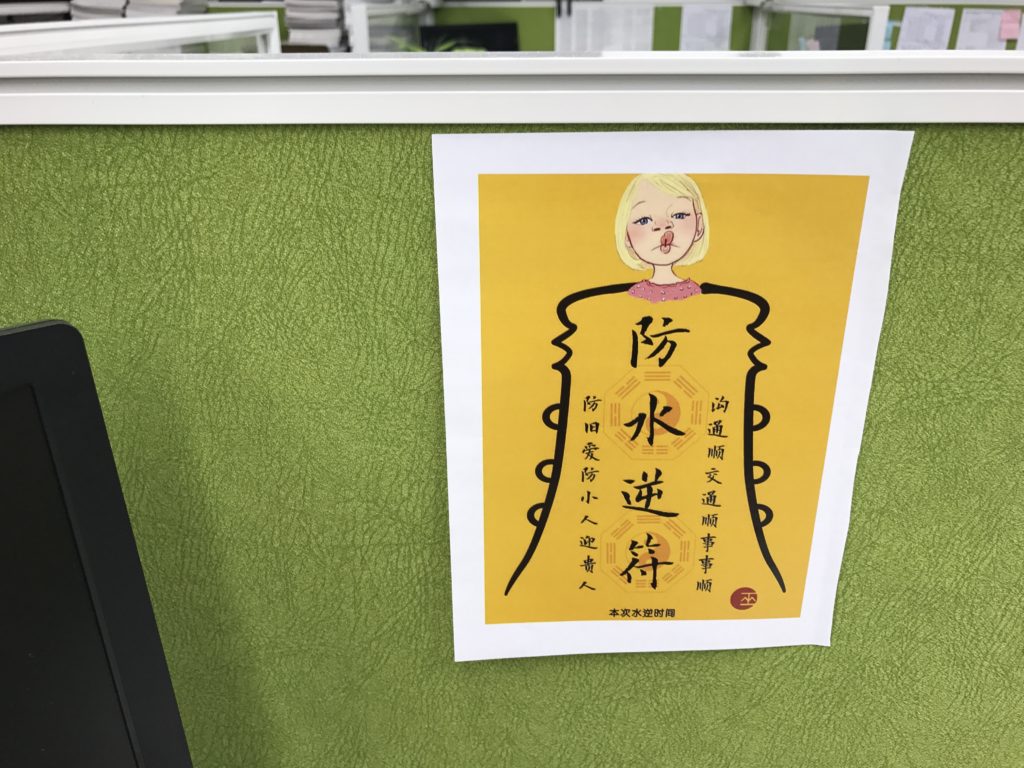
My colleague printed this for me to survived the "September Mercury retrograde" (水逆).
Contemporary Art is an expensive business, and art in its nature is perilous. For folks working in contemporary Art in China, no matter artists, gallerists, dealers, curators or just random small bird like me, we all have to constantly battle against an extremely turbulent market, bidding both faith and fortunes into an industry that's still far from maturity. There's nothing we believe more than the power of art, yet when facing important decisions with serious consequences, a little hint into the future - no matter from a Fengshui master, a fortune teller, or just an ancient Chinese Almanac on your desk - is always helpful. Superstitious or not, Chinese or Western, contemporary or traditional, in the end of the day, it is less about the contraction of values but to march towards a common ground from our different cultural standpoints, learning and communicating with an open heart.
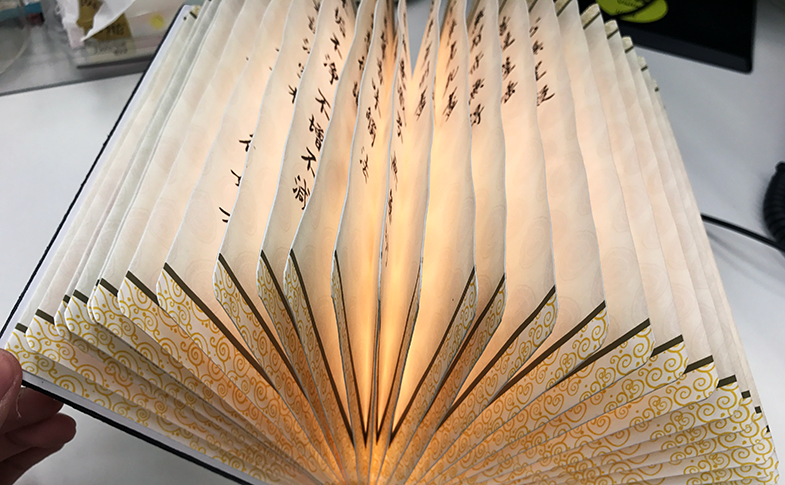
Book lamp of the Heart Sutra, a delighted accessory in our office...
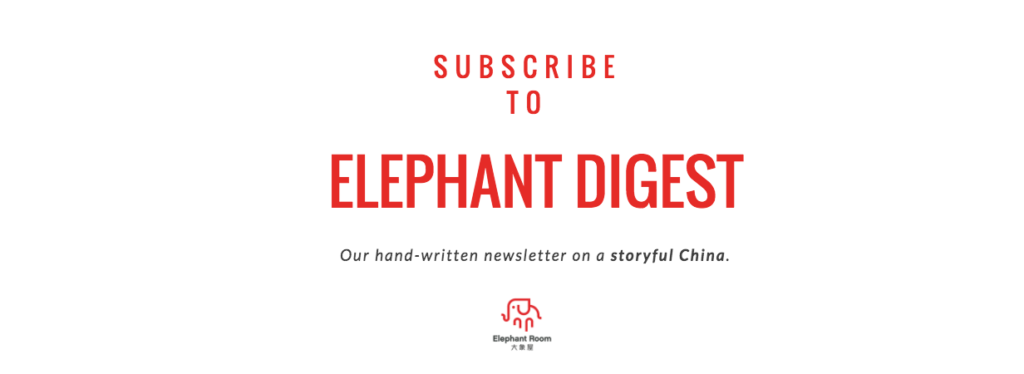
![]()
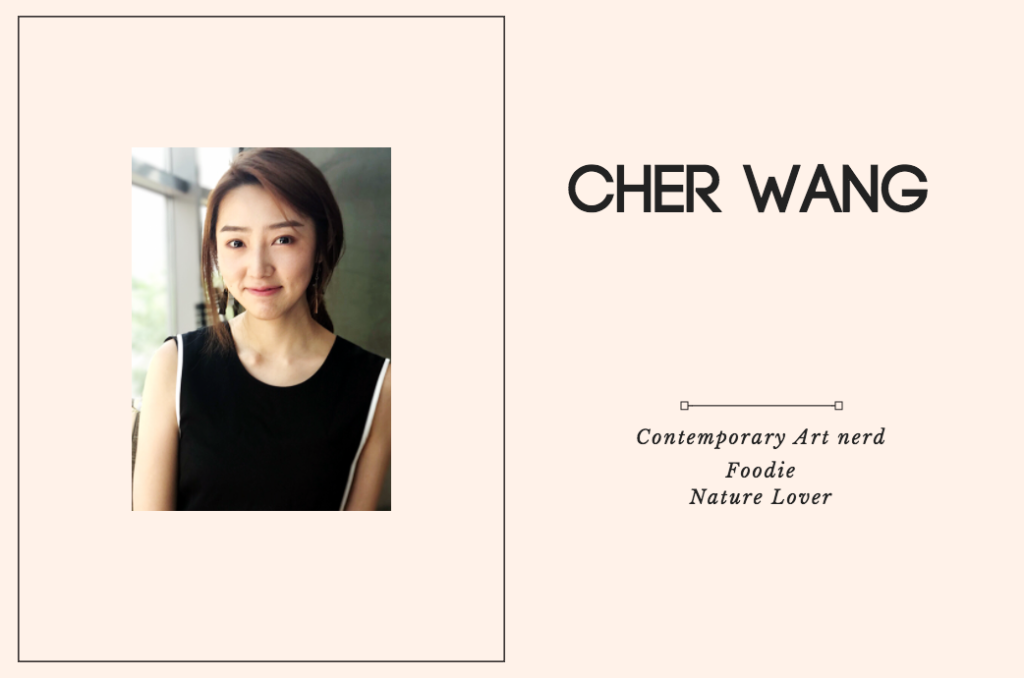
Cher Wang is a Beijing girl who studied in England. After earning her degree in Contemporary Media Practice from University of Westminster, she proceed to earn her MA in Contemporary Art from Sotheby's Institute of Art, London. Her work experiences include art galleries as well as exhibition curating for museums, art shows and festivals in Britain and China.
- Find Cher:
Email: Cher.d.wang@hotmail.com
WeChat (Where she writes about contemporary art in Chinese):

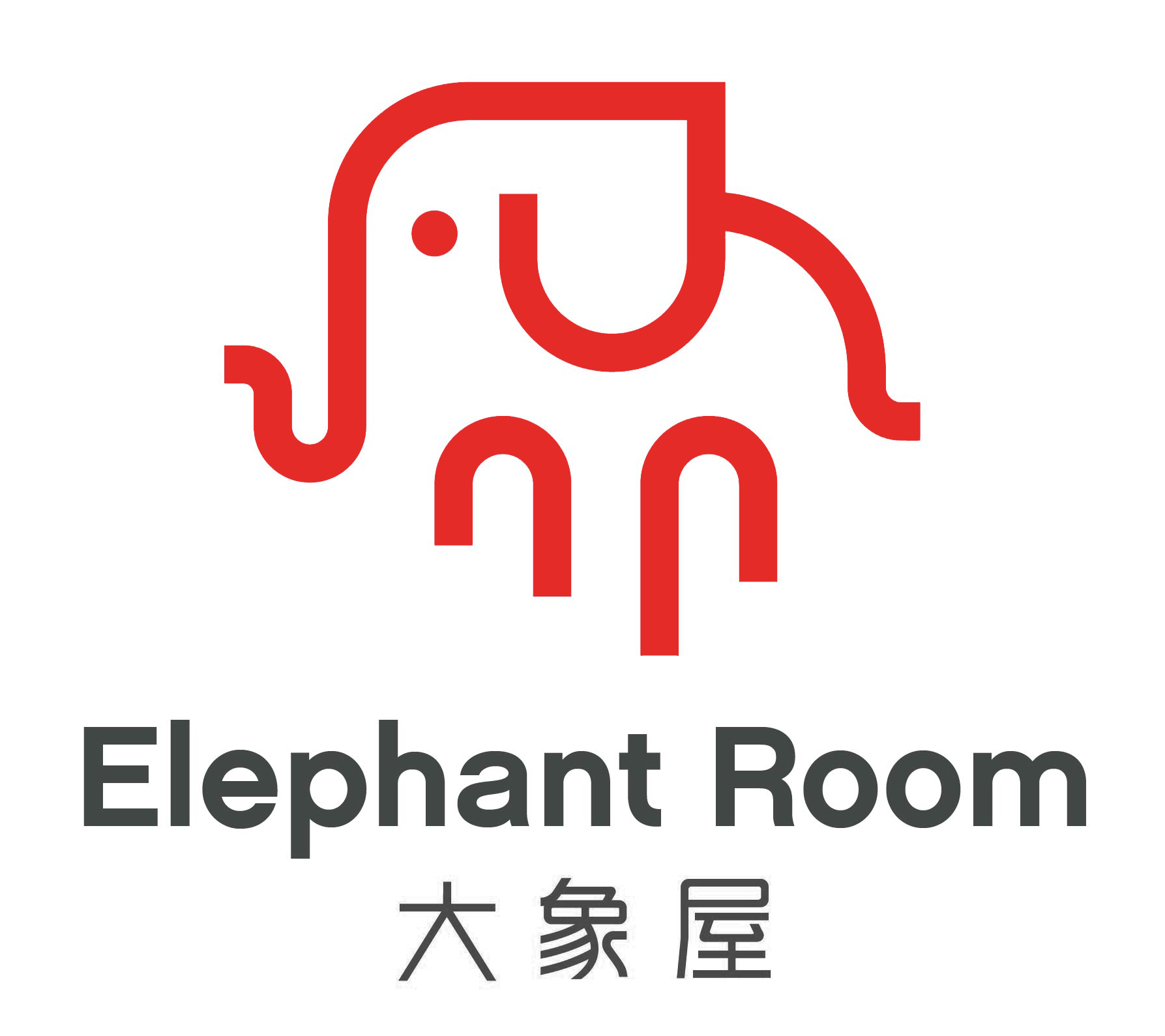
Well, I agree with ‘宁可信其有 不可信其无’. By the way, where did you buy the Heart Sutra book lamp?